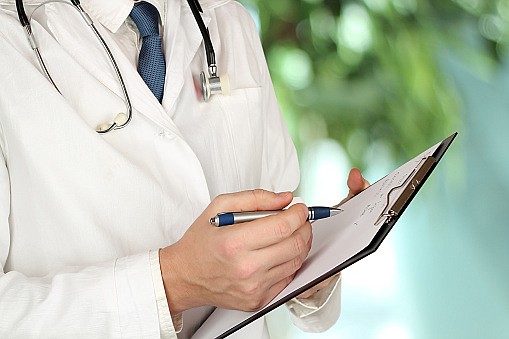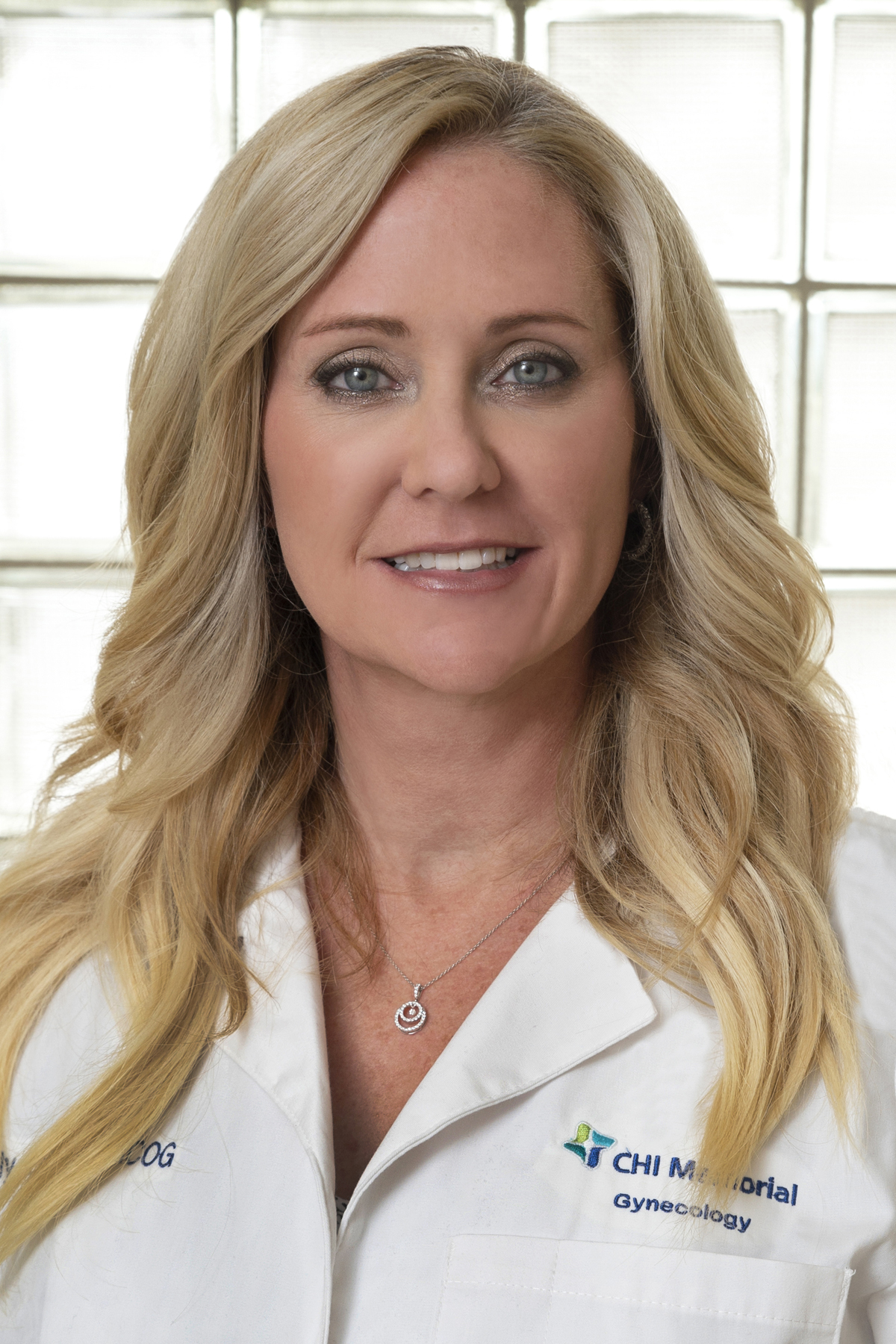Q: Should I get my daughter vaccinated against HPV? Will the vaccination really prevent cervical cancer?
A: First, it is important to know that 80 percent of people, both men and women, will get an HPV infection in their lifetime. While there are many strains of HPV, or human papillomavirus, only a few are high risk for causing cancer. HPV is responsible for most cervix cancers, as well as other genital/anal/oral cancers in men and women.
It is also important to know that contracting HPV does not mean a person will develop cancer. The body's immune system is very adept at recognizing the viral infection and in most cases will suppress the virus and prevent the longer-term complications such as cancer or genital warts. Unfortunately, in a small percentage of those exposed to HPV, it can cause normal cells to become abnormal, precancerous cells or cancer. Smoking will increase the risk of developing cancer from HPV, as will illnesses or medications that affect the normal immune response.
The recommendations for the utilization of HPV vaccines have evolved over the last decade. The American Academy of Pediatrics and the Centers for Disease Control Prevention, in addition to the American College of Obstetrics and Gynecology, recommend the routine vaccination of all otherwise healthy children, both boys and girls, with a two-dose series six months apart between the ages of 11 and 12 years. For older children and adults, there are different vaccination dose guidelines. HPV is not just a disease affecting women, although most HPV-related concerns do occur in women.
In addition to following these recommendations, parents need to have direct conversations with their children regarding safe sexual practices, including barrier protection should they become sexually active. The risk of contracting HPV, among other sexually transmitted viruses and diseases, can be decreased, but not eliminated, with safe practices.
Young women should be told of the importance of regular Pap and HPV testing. The current recommendation for screening Pap smears in young women is to start screening at age 21. Regular screening does decrease the risk of developing cancer by diagnosing precancerous changes early and allowing for closer follow-up with a gynecologist. Men should be encouraged to visit their doctors for regular checkups and notify their doctor immediately about any concerning symptoms or findings.
- Emily Evitt, M.D., CHI Memorial Women's Health Associates; member, Chattanooga-Hamilton County Medical Society

